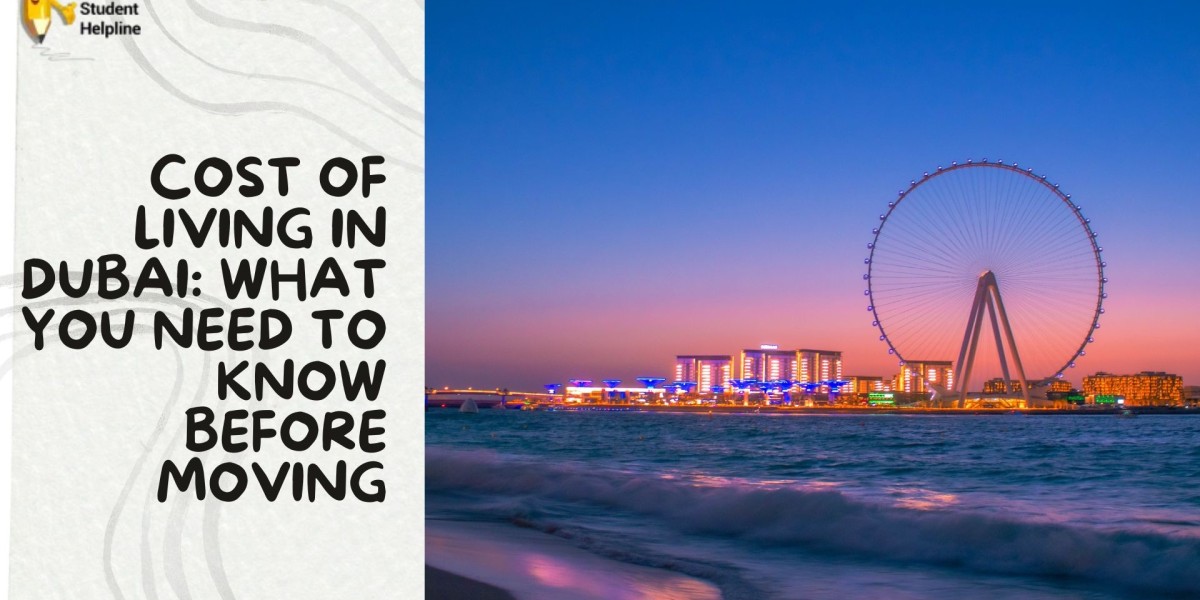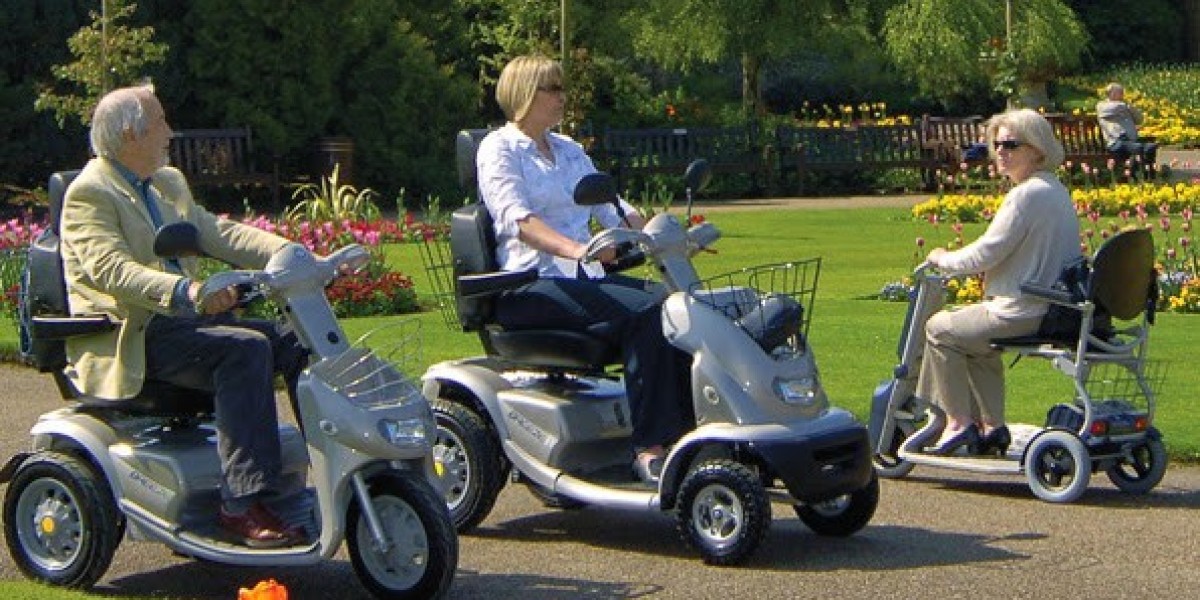Dubai, one of the most iconic cities in the world, is renowned for its stunning skyline, luxurious lifestyle, and booming economy. As a global business hub and a popular destination for expats, many are attracted to Dubai for its opportunities and modern amenities. However, before making the move, it’s essential to consider the cost of living in Dubai, as it can vary significantly depending on lifestyle choices and personal preferences.
Housing: The Largest Expense
The cost of housing is often the most significant expense for residents in Dubai. Rental prices vary greatly depending on the area, size of the apartment, and the type of accommodation. Areas like Downtown Dubai, Dubai Marina, and Palm Jumeirah are known for their high-end luxury apartments and villas, which can come with a hefty price tag. Rent for a one-bedroom apartment in these prime locations can range from AED 6,000 to AED 15,000 per month, while more affordable areas such as Deira or Al Barsha may offer options starting at AED 3,000 to AED 6,000 per month for similar-sized apartments.
If you're planning to rent a villa or a larger apartment, the price can increase significantly. It’s also important to factor in other housing-related costs, such as utilities (electricity, water, cooling), which typically cost between AED 500 to AED 1,500 per month.
Food and Groceries: Budgeting for Your Daily Needs
The cost of food in Dubai can also vary based on whether you prefer dining out or cooking at home. Groceries can be expensive, especially for imported goods, but there are several supermarket chains in Dubai, such as Carrefour, Spinneys, and Lulu, offering a range of products at different price points. On average, you might spend around AED 1,000 to AED 2,000 per month on groceries, depending on your consumption habits.
Eating out can be affordable or expensive, depending on the type of restaurant. Casual dining options like local eateries and fast food can cost around AED 20 to AED 50 per meal, while mid-range restaurants may charge anywhere from AED 70 to AED 200 per person. For fine dining, expect to pay much higher prices, especially in luxury hotels and renowned restaurants.
Transportation: Getting Around Dubai
Public transportation in Dubai is quite affordable, with the Dubai Metro, buses, and trams providing excellent connectivity. A monthly metro pass costs around AED 300 to AED 400, and the metro is a great option for those who don’t need a car. Taxis in Dubai are relatively affordable compared to other major cities, with fares starting at around AED 12 and AED 2 per kilometer. If you plan to rent a car, expect to pay around AED 1,500 to AED 3,000 per month for a standard vehicle, plus the cost of fuel, which is significantly cheaper than in many other countries.
Healthcare and Insurance
Healthcare in Dubai is of a high standard, but it can also be expensive if you don’t have insurance. Many employers provide health insurance as part of the employment package, but if you need to arrange your own, the cost can range from AED 2,000 to AED 5,000 per year, depending on the coverage and your age. Out-of-pocket expenses for consultations or treatments can vary, with a general doctor’s consultation costing around AED 200 to AED 400.
Education: For Families Moving to Dubai
For families moving to Dubai, education is another important consideration. Dubai offers a wide range of international schools that follow different curricula, including British, American, and International Baccalaureate (IB). The cost of schooling in Dubai can be a significant expense, with annual fees ranging from AED 15,000 to AED 80,000, depending on the school and grade level. Private schools are typically more expensive, and the fees may increase each year.
Entertainment and Leisure
Dubai is famous for its vibrant lifestyle, offering a variety of entertainment options, from world-class shopping malls and restaurants to adventure parks and beach resorts. The cost of leisure activities can vary. For example, cinema tickets typically cost around AED 35 to AED 50, while a visit to top attractions like the Burj Khalifa or Dubai Aquarium can range from AED 100 to AED 200. For those who enjoy outdoor activities, the city also offers a wide range of fitness centers and gyms, with membership fees starting at around AED 150 per month.
Utilities and Miscellaneous Expenses
In addition to housing and food, there are other daily expenses to consider. Utility bills, including electricity, water, and internet, can cost around AED 500 to AED 1,000 per month. If you plan to use mobile services, expect to pay around AED 100 to AED 300 per month for a mobile phone plan.
Conclusion: Managing the Cost of Living in Dubai
The cost of living in Dubai can be high, especially when it comes to housing, schooling, and leisure activities. However, it is possible to manage your budget by choosing more affordable accommodation options, cooking at home, and making use of public transportation. Additionally, many expatriates in Dubai benefit from tax-free salaries, which helps offset the higher living costs. Ultimately, Dubai offers a high standard of living, with modern amenities, exceptional services, and a diverse cultural experience. As long as you plan your expenses carefully, living in Dubai can be an exciting and rewarding experience.



